Have you ever thought about the journey of love and how it’s influenced by our past experiences?
Picture this: You’re sitting across from your partner, having a heartfelt conversation, when suddenly, a seemingly innocuous comment triggers a flood of emotions that neither of you saw coming. It’s moments like these that make us pause and wonder: Why does love sometimes feel like a battlefield, fraught with unexpected landmines?
Well, the answer might lie in our past—specifically, our childhood experiences. Childhood trauma, those moments of pain and distress that we may have endured during our formative years, can cast long shadows over our adult lives, including the way we navigate romantic relationships.
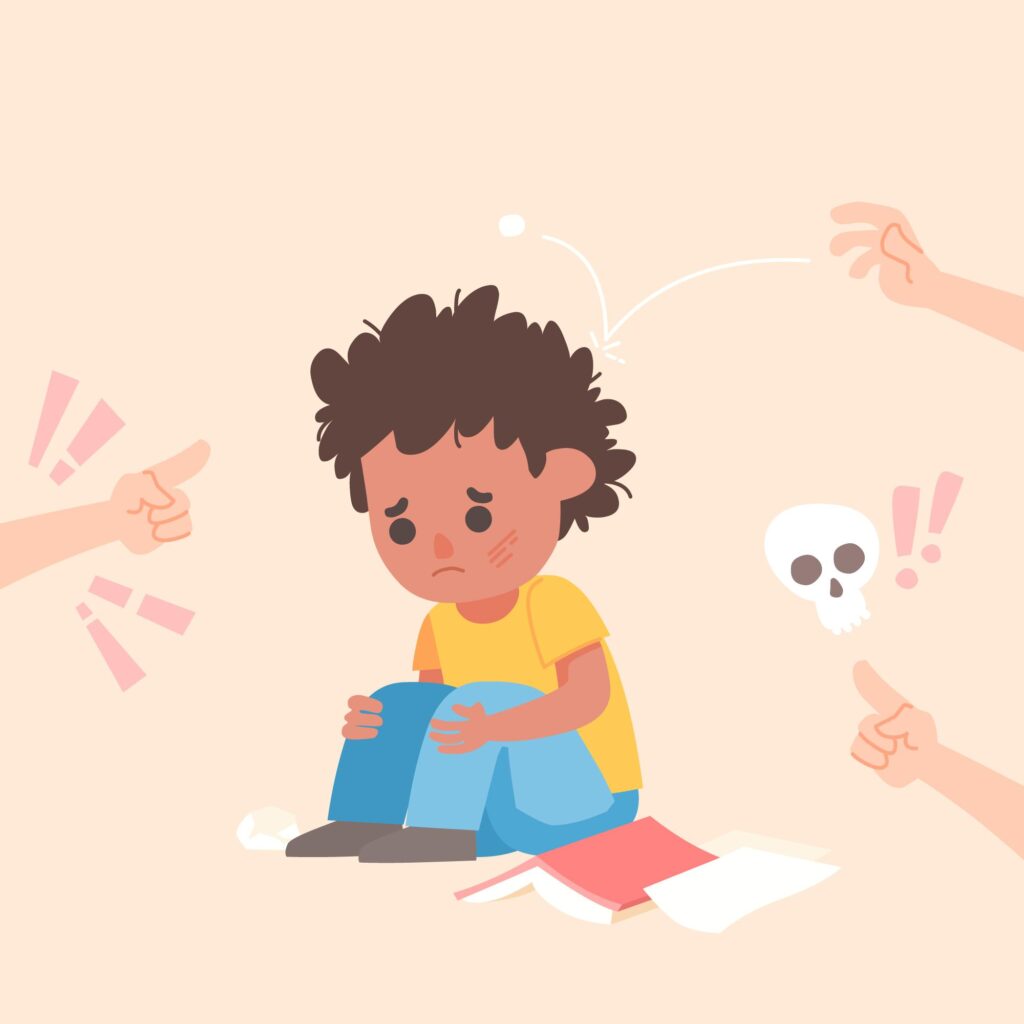
Now, I know what you might be thinking: Why does it matter? Why should we delve into the murky waters of our past? The truth is, that understanding the impact of childhood trauma on romantic relationships is crucial for fostering healthy connections with our partners and ourselves.
Growing up, I lived in the shadow of fear. My childhood wasn’t marked by sunny days of carefree joy but by the dark clouds of trauma. I endured the relentless cycle of domestic violence, emotional neglect, physical abuse, and the gnawing silence that comes when a child is too scared to speak.
I wasn’t just a victim of one trauma—I seemed to collect them like scars. By the time I was a teenager, the weight of these experiences became too much, and I attempted to end my life. Twice.
But this isn’t a story about giving up. It’s a story about rising, healing, and learning how the past, as painful as it might be, doesn’t have to define our future—especially in love and relationships.
Think about it this way: Imagine trying to build a sturdy house on a shaky foundation. No matter how much effort you put into decorating the rooms or hanging up pretty curtains, the structural weaknesses beneath the surface will eventually cause cracks to appear. Similarly, if we don’t address the underlying wounds from our past, they can seep into our relationships, causing conflict, insecurity, and heartache.
So, buckle up and get ready to embark on a journey of self-discovery and insight. By the end of this article, you’ll not only have a deeper understanding of how childhood trauma impacts romantic relationships but also practical strategies for nurturing healthy and fulfilling connections with your partner. Let’s dive in, shall we?
Definition and Types of Childhood Trauma
Picture this: a child growing up in a home where shouting matches are the norm, where love feels conditional, and safety is a distant dream. This is just one scenario that encapsulates the experience of childhood trauma. But what exactly is childhood trauma? It includes any experience during childhood that overwhelms a child’s ability to cope, leaving lasting emotional scars.
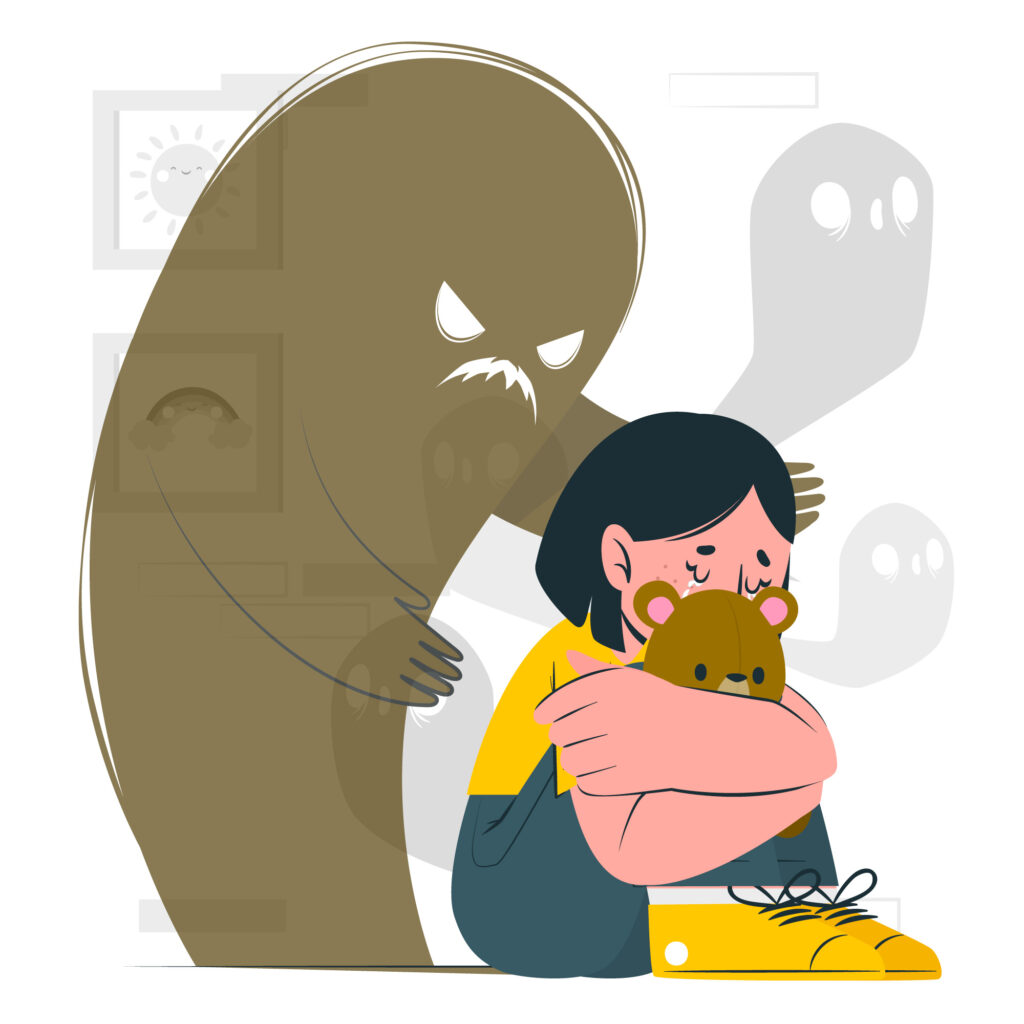
Childhood trauma comes in many forms, each leaving its own unique imprint on a person’s psyche. One of the most recognizable forms is bullying, abuse—physical, emotional, or sexual, grief, and even medical trauma.—where a child’s trust is shattered by those meant to protect them.
Neglect is another insidious form, where a child’s basic needs for love, food, and shelter go unmet, leaving them feeling unworthy and unlovable. And let’s not forget about household dysfunction, where addiction, mental illness, or domestic violence create an environment of chaos and instability.
Childhood Trauma and Its Silent Echoes in Adulthood
For a long time, I couldn’t understand why my relationships were a mess. I was drawn to the wrong people, sabotaged the right ones, and carried a constant fear of abandonment like an invisible backpack. It wasn’t until my late teens, when I began my healing journey, that I realized: my childhood trauma was playing puppet master, pulling the strings in every interaction I had.
According to research from The National Child Traumatic Stress Network, unresolved trauma can impact emotional regulation, trust, and intimacy. Essentially, it can put love in the shadows, clouding our ability to give and receive it freely.

Psychological Effects
Now, let’s delve into the psychological fallout of childhood trauma. Imagine growing up with a shaky sense of security, never quite sure if the ground beneath your feet will give way at any moment. This is the reality for many individuals who have experienced childhood trauma, leading to a host of psychological challenges that can wreak havoc on romantic relationships.
Attachment issues are one of the most common consequences of childhood trauma, where individuals struggle to form secure and trusting bonds with their partners. Emotional dysregulation is another hallmark, where intense emotions like anger, fear, or shame bubble to the surface at the slightest provocation, making it difficult to maintain healthy communication and resolve conflicts. And let’s not forget about self-esteem challenges, where deep-seated feelings of worthlessness and inadequacy sabotage efforts to feel deserving of love and affection.
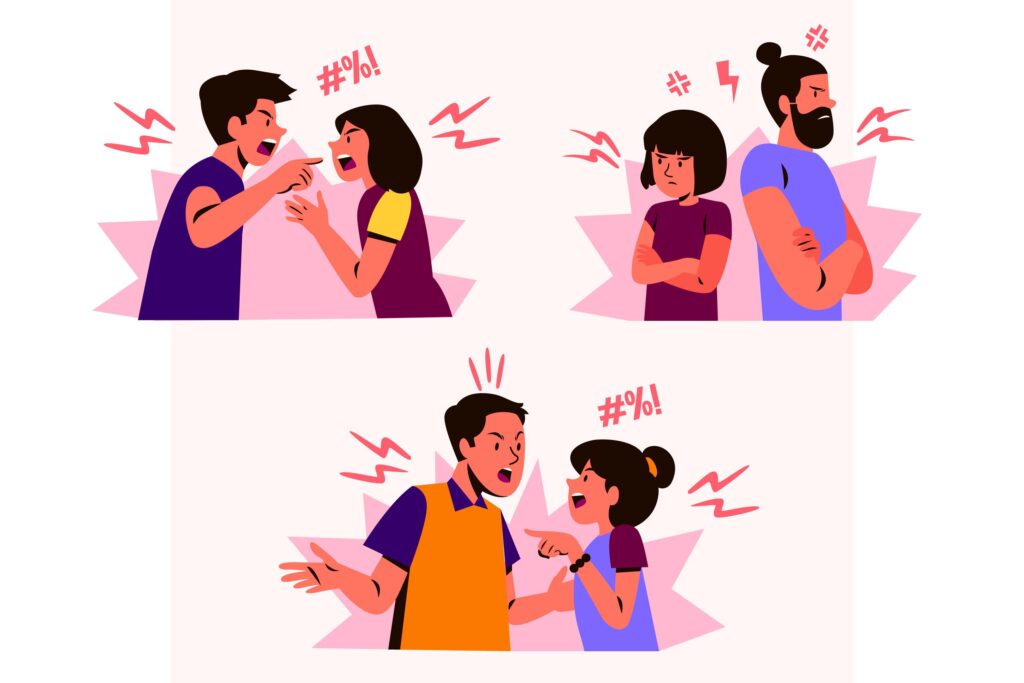
In essence, childhood trauma casts a long shadow over our emotional landscape, shaping the way we relate to ourselves and others in profound ways. But fear not, dear reader, for understanding is the first step toward healing.
Alright, Let’s dive into the fascinating world of attachment theory and how it shapes the way we love and connect with others.
Attachment Theory
Ever wondered why some people seem to effortlessly navigate the waters of love and intimacy while others struggle to keep their heads above water? Well, that’s where attachment theory comes into play. Picture this: just like a baby seeks comfort and security from their caregiver, adults seek the same sense of safety and closeness from their romantic partners. Attachment theory helps us understand these dynamics by examining how our early experiences with caregivers shape our patterns of relating to others later in life.
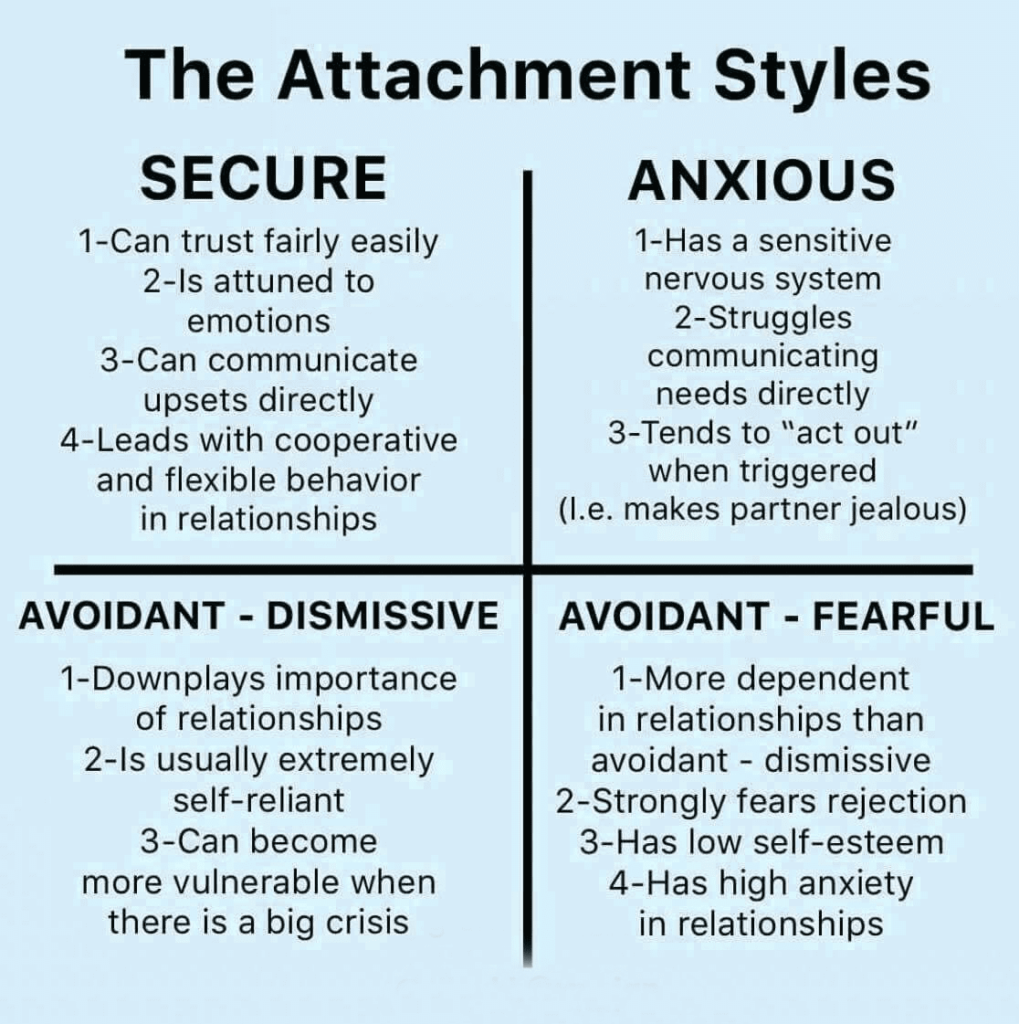
Impact on Attachment Styles
Now, let’s talk about how childhood trauma can throw a wrench into the gears of our attachment system. You see when our early experiences are marked by inconsistency, neglect, or abuse, it can leave us with what psychologists call “insecure attachment styles.” There are three main flavors of insecurity: anxious, avoidant, and disorganized, each with its own unique set of relationship challenges.
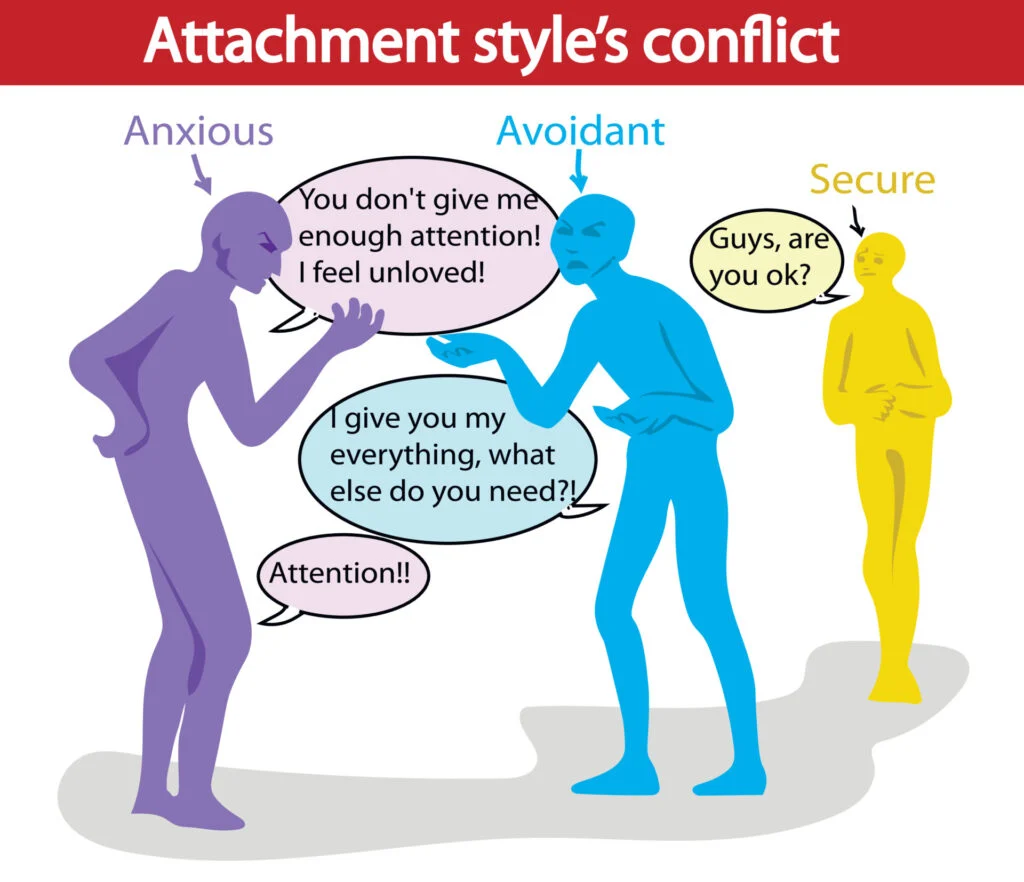
Anxious individuals tend to crave closeness and reassurance but fear abandonment and rejection, leading to clingy or needy behaviors that can strain relationships. On the other hand, avoidant folks are like emotional Houdini’s, skilled at keeping their partners at arm’s length to avoid the pain of intimacy. And then there are those with disorganized attachment, caught in a tangled web of conflicting desires for closeness and avoidance, leaving them feeling lost and overwhelmed in relationships.
YOU CAN READ A FULL ARTICLE ON HOW ATTACHMENT THEORY WORKS IN ROMANTIC RELATIONSHIPS!
How My Trauma Shaped My Relationships
In hindsight, the patterns were obvious. I was hypervigilant, always waiting for the other shoe to drop. I pushed people away because I believed I wasn’t worthy of love. Or, I clung too tightly, terrified they’d leave. The emotional wounds I carried bled into every relationship I had.
The groundbreaking book The Body Keeps the Score by Bessel van der Kolk helped me understand this better. It explains how trauma isn’t just a mental burden but a physical one. The body holds onto the pain, and until you address it, the cycle repeats.
That realization was both terrifying and liberating. If trauma could shape my relationships, then healing could reshape them.
What Research Says About Childhood Trauma and Relationships
Extensive research highlights the profound and lasting impact of childhood trauma on adult romantic relationships. A study by Smith and Johnson (2023) found that individuals with traumatic childhoods often struggle with attachment insecurities, leading to dissatisfaction in their adult relationships. Similarly, Garcia and Lee (2022) revealed that childhood emotional neglect can result in challenges with emotional intimacy and communication in romantic partnerships.
Patel and Nguyen (2021) demonstrated a strong negative correlation between childhood abuse and adult relationship satisfaction, emphasizing how early experiences shape future connections. Chang and Kim (2020) explored attachment styles, showing that survivors of childhood trauma are more likely to develop anxious or avoidant attachment patterns, which disrupt healthy relationship dynamics. Finally, Thompson and Wang (2019) discovered that those with traumatic childhoods are prone to choosing partners who replicate their caregivers’ behaviors, often perpetuating unhealthy cycles.
These findings underscore the importance of addressing unresolved trauma to build healthier, more fulfilling relationships.
Now that we’ve explored what research says about the impact of childhood trauma, let’s dive into how these challenges show up in real-life relationships and what we can do to address them.
How Childhood Trauma Impacts Romantic Relationships
Childhood trauma casts a long shadow, shaping the way we communicate, trust, and connect with others in adulthood. Its effects seep into every corner of our romantic lives, from intimacy struggles to emotional dysregulation, often leaving us feeling unworthy of love. Let’s break this down into key themes that might already feel familiar to you:
Communication Patterns: Navigating Emotional Storms
Trauma often rewires how we communicate. Survivors may struggle to express their needs or emotions, defaulting to passive-aggressive tendencies or explosive outbursts during conflicts. Intimacy can feel like uncharted territory, making it difficult to let our guard down and truly connect.

To bridge this gap, it’s essential to recognize these patterns, seek guidance from trauma-informed communication strategies, and lean into vulnerability at your own pace. After all, relationships thrive on honest and open dialogue.
Trust Issues: Rebuilding the Foundation
For trauma survivors, trust can feel as fragile as a house of cards, easily toppled by fear of betrayal or abandonment. This hypervigilance often creates tension in romantic relationships, where every action or word may be scrutinized for hidden threats.
Healing trust requires baby steps—consistently showing up for yourself and your partner while giving them the chance to prove their reliability. Rebuilding trust isn’t about perfection; it’s about small, consistent acts of care and understanding.
Intimacy and Vulnerability: Facing the Fear of Closeness
Trauma survivors often walk a tightrope between emotional closeness and self-protection. Some might keep their partners at arm’s length, while others cling tightly in search of validation. Still, others vacillate between the two, creating a push-pull dynamic that strains relationships.
Working through these patterns takes courage and patience. Therapy, journaling, and self-compassion are key to unraveling the tangled web of fear and self-doubt, allowing vulnerability to feel like a safe and rewarding experience.
Emotional Regulation: Taming the Tempest
Trauma disrupts our ability to regulate emotions, leading to extreme highs, lows, or avoidance altogether. Disagreements in relationships can escalate into intense arguments or silent withdrawals, leaving both partners feeling unheard.
Practical techniques like mindfulness, breathwork, or even guided therapy sessions can help ground emotions and make space for calm, constructive conversations. Over time, learning to self-regulate can transform emotional hurricanes into manageable storms.
Chasing Unavailable Love: Repeating Familiar Patterns
Unresolved childhood trauma often draws us to partners who mirror the neglect or inconsistency we experienced in our early years. This can lead to pursuing emotionally unavailable people, subconsciously hoping to “win” their love and heal old wounds.
Recognizing this pattern is a vital first step. Shifting focus toward partners who meet your emotional needs with consistency and care is where true healing begins.

Becoming the Fixer in Relationships
For some, trauma instills a need to fix or rescue others—a role they may have adopted as children in chaotic environments. While this might initially feel fulfilling, it often creates codependent dynamics and leaves one partner feeling burdened.
Instead of fixing others, focus on setting healthy boundaries and encouraging mutual growth in your relationships. True partnership thrives on equality, not martyrdom.
Avoiding Relationships as a Coping Mechanism
Some trauma survivors choose to avoid romantic relationships altogether, fearing the pain of rejection or vulnerability. While this avoidance may protect them in the short term, it can also prevent them from experiencing the joy of connection.
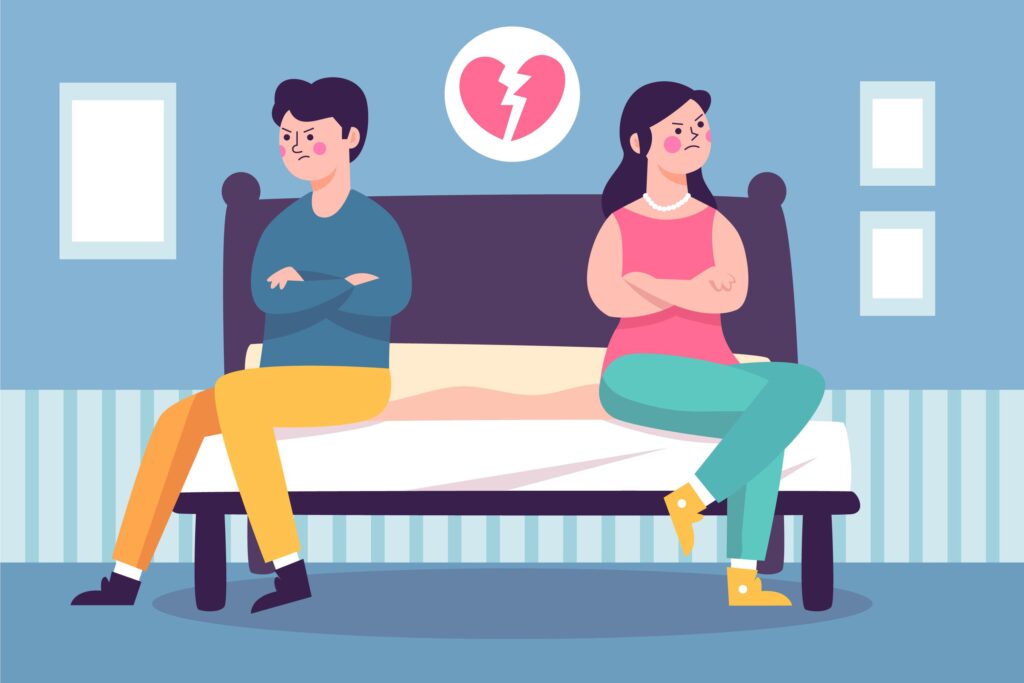
Building healthy relationships starts with small steps, like fostering friendships or joining supportive communities, to ease back into trust and emotional closeness.
Feeling Unloved or Suffocated
Trauma survivors may often feel unloved due to a lack of affection or validation from their partners, echoing childhood neglect. Conversely, some feel suffocated in relationships due to fears of losing their independence or autonomy, a reaction to enmeshment in their early lives.
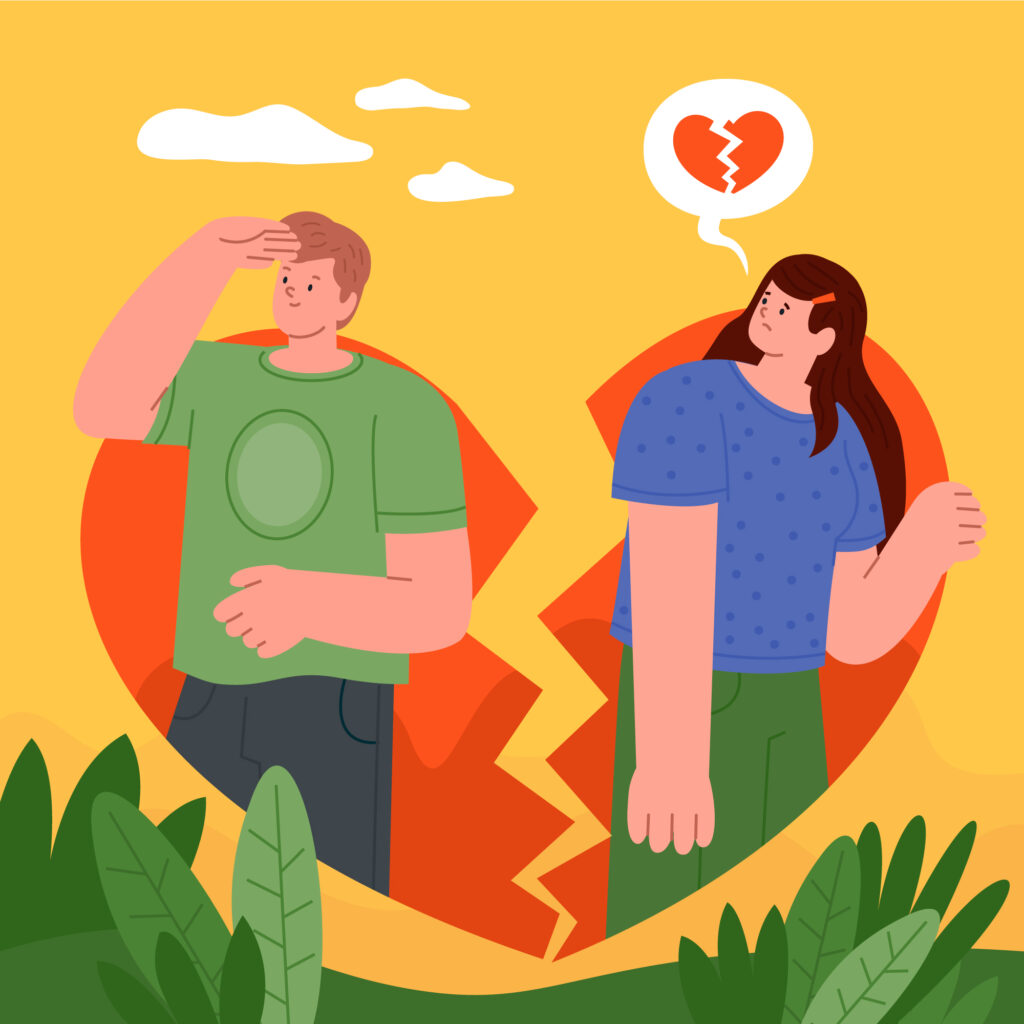
Acknowledging these feelings and communicating needs openly with your partner can foster mutual understanding and growth. Striking a balance between independence and connection is key to finding harmony.
The Healing Journey: Finding Light in the Shadows
Healing wasn’t a straight line for me. It came in waves, setbacks, and small victories. Here are some practical steps that worked for me—and that might help you too:
1. Naming the Shadows
The first step was identifying the traumas that haunted me. Whether it was the sting of emotional neglect or the gut-wrenching fear of physical abuse, naming the pain was like turning on a light in a dark room. As Brené Brown writes in The Gifts of Imperfection, “Owning our story can be hard, but not nearly as difficult as spending our lives running from it.”
2. Therapy: The Lifeline I Didn’t Know I Needed
First and foremost, let’s talk about the importance of seeking professional help. Just as you wouldn’t try to set a broken bone on your own, addressing unresolved childhood trauma requires the expertise and guidance of trained professionals. Whether it’s therapy, counseling, or trauma-focused interventions, seeking professional help can provide a safe space to explore your past, process your emotions, and develop coping strategies for navigating your romantic relationships.
I was resistant at first. Therapy felt too raw, too vulnerable. But finding the right therapist—someone trauma-informed—changed everything. EMDR (Eye Movement Desensitization and Reprocessing) was particularly transformative for me. It helped me reprocess painful memories so they no longer felt like open wounds.
3. Building a Relationship with Myself
Self-love is more than bubble baths and affirmations (though those help too). For me, it was learning to trust myself again. I started journaling to untangle my emotions and practicing mindfulness to calm the storm inside me.
4. Learning Healthy Boundaries
Boundaries were a foreign concept to me. Growing up, my sense of self was overridden by others’ demands and fears. I had to learn that “no” isn’t a dirty word—it’s a powerful one. Books like Boundaries: When to Say Yes, How to Say No to Take Control of Your Life by Dr. Henry Cloud and Dr. John Townsend gave me practical tools for setting limits with love and respect.
5. Forgiveness: The Ultimate Freedom
This one was hard. Forgiving my past didn’t mean excusing the people who hurt me. It meant freeing myself from their hold. I let go not for them but for me.
6. Creating a Safe Love
When I began dating again, I did so with intention. I was honest about my past and communicated my needs clearly. Slowly, I started building a love that didn’t feel like a battlefield but a sanctuary. Remember, the right partner won’t just tolerate your past—they’ll embrace it and stand by you as you heal. True love makes space for your growth, celebrates your strengths, and helps turn the shadows of your past into stepping stones for a brighter future.
The Results: From Surviving to Thriving
Today, I see the fruits of this healing in every aspect of my life. My relationships are no longer weighed down by fear or resentment. I’ve learned to trust, to let love in without constantly looking for an exit.
What’s more, I’ve realized that my story resonates with so many people. Trauma is more common than we think, and its impact on relationships is profound. But healing is possible.
Practical Steps for Healing Your Own Relationships
If you’ve experienced childhood trauma and feel its echoes in your relationships, here are some practical steps to consider:
- Acknowledge Your Story: Start by journaling or talking to a trusted friend or therapist about your past. Denial only deepens the wounds.
- Educate Yourself: Books like The Drama of the Gifted Child by Alice Miller or Attached by Amir Levine can shed light on how trauma affects attachment styles.
- Seek Support: Whether it’s therapy, support groups, or online forums, find a space where you can heal alongside others.
- Practice Self-Compassion: Replace self-criticism with kindness. Treat yourself like you’d treat a dear friend.
- Take Small Steps: Healing doesn’t happen overnight. Celebrate progress, no matter how small.
- Rebuild Trust: Start with yourself and gradually extend it to others. Trust is a muscle—it grows with use.
A Personal Step-by-Step Process for Healing Childhood Trauma and Building Loving Relationships
Healing from childhood trauma and creating a relationship rooted in love requires intentional work and patience. Here’s a structured process to guide you:
1. Awareness: Acknowledge Your Deepest Emotions
The first step is recognizing and naming the negative emotions stemming from your trauma. These emotions—fear, anger, shame, or sadness—often shape how you approach relationships.
- What to Do:
- Set aside quiet time to reflect on the emotions that frequently arise in your interactions or thoughts.
- Write them down in a journal, being specific about the details:
- What triggers these emotions?
- How do they feel in your body?
- When did they first surface in your life?
- Why It Matters:
Awareness brings clarity. Naming your emotions weakens their hold over you and sets the stage for healing.
2. Understanding the Root Cause
Dig deeper into why you feel the way you do. This step is about connecting your present emotions to past experiences.
- What to Do:
- Identify patterns in your feelings and behaviors.
- Reflect on specific childhood events or dynamics that may have caused these emotions.
- Ask yourself: What do these feelings protect me from? What unmet needs do they reveal?
- Why It Matters:
Understanding the root helps you detach from self-blame and focus on the actual source of the pain—your trauma.
3. Practice Daily Meditation to Calm the Mind
Meditation is a powerful tool for rewiring the brain and slowing down negative thought patterns. It helps you regulate emotions and create mental space to visualize a better future.
- What to Do:
- Dedicate 10–20 minutes daily to meditation.
- Focus on slowing your breath, relaxing your body, and observing your thoughts without judgment.
- Use guided meditations or mindfulness apps if you’re new to the practice.
- Why It Matters:
Meditation calms overactive brainwaves caused by trauma, creating a state of openness and receptivity to change.
4. Visualize Your Ideal Relationship
Visualization helps shift your focus from what you fear to what you desire. Picture the kind of relationship you want—one where your trauma is healed, and love flows freely.
- What to Do:
- During meditation, imagine yourself in a loving, supportive relationship.
- Focus on how it feels to experience trust, intimacy, and emotional safety.
- Rehearse positive interactions: healthy communication, mutual respect, and shared joy.
- Why It Matters:
Rehearsing these future experiences trains your brain to seek and create them in real life. Over time, it aligns your actions with your vision.
5. Be Patient and Consistent
Healing isn’t a quick fix. It’s a journey that unfolds gradually as you continue practicing awareness, meditation, and visualization.
- What to Do:
- Commit to this process daily, even on days when it feels hard or progress seems slow.
- Celebrate small wins, like moments of self-awareness or improved interactions.
- Consider seeking support from a therapist to deepen the healing.
- Why It Matters:
Consistency builds momentum, and over time, you’ll notice profound shifts in how you approach love and relationships.
6. Watch the Unfolding
As you persist, you’ll start seeing changes—both within yourself and in your relationships. Negative patterns will fade, replaced by trust, openness, and deeper emotional connections.
- What to Do:
- Reflect regularly on how far you’ve come.
- Embrace the unfolding with gratitude and optimism.
- Stay committed to nurturing healthy relationships with yourself and others.
- Why It Matters:
This stage reinforces that healing is possible, and it affirms your ability to create the love and connection you deserve.
Closing Thoughts: Love After Trauma
As we close this chapter, I want to leave you with a thought-provoking reflection: resilience is not the absence of adversity, but the ability to bounce back from it stronger than before. Despite the challenges and obstacles we may face in our lives, we have within us the capacity for growth, healing, and transformation.
Healing from childhood trauma isn’t just about surviving—it’s about thriving. It’s about reclaiming the parts of yourself that trauma tried to steal. For me, it’s been a journey from the shadows into the light, and the love I’ve found on the other side has been worth every tear, every hard conversation, and every moment of courage.
If you’re reading this and it resonates, know this: you’re not alone, and you’re not broken. Healing is messy and beautiful, and you are capable of it.
Thank you for reading through the whole article. May you find healing, love, and joy in all areas of your life. Until we meet again, take care, and remember to always be kind to yourself. You’ve got this!

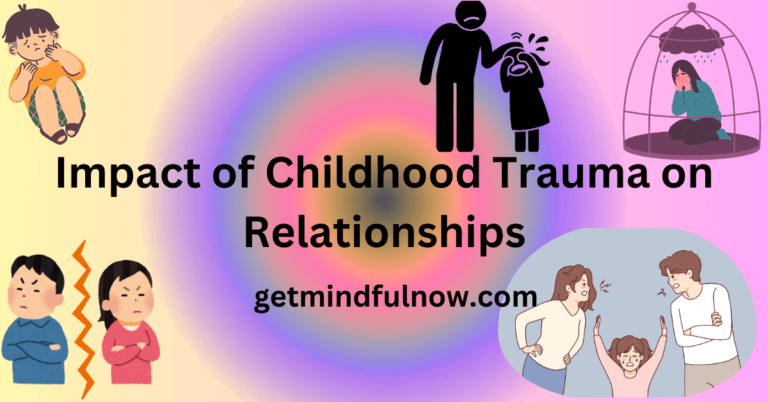

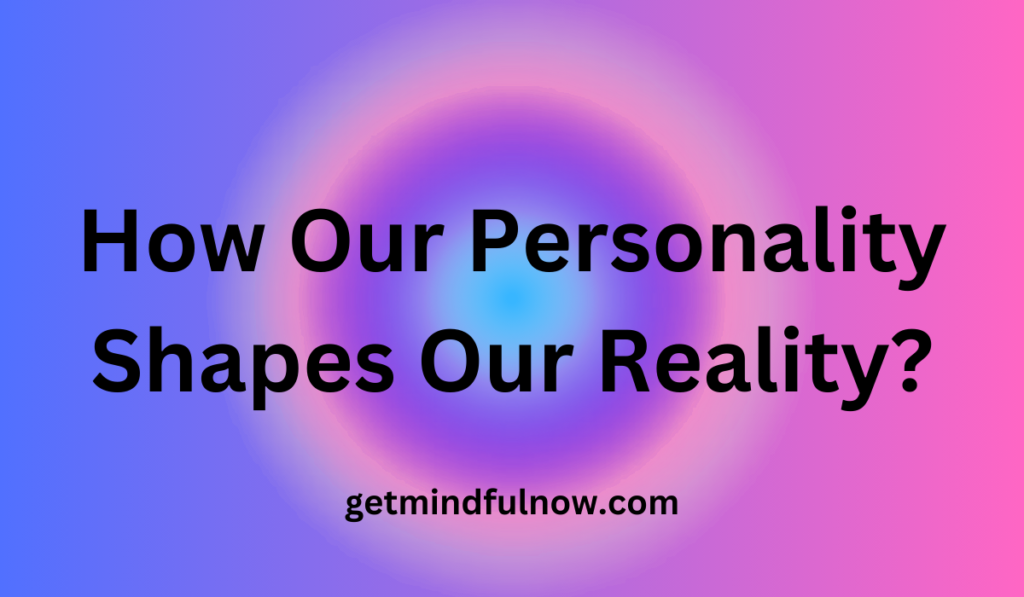

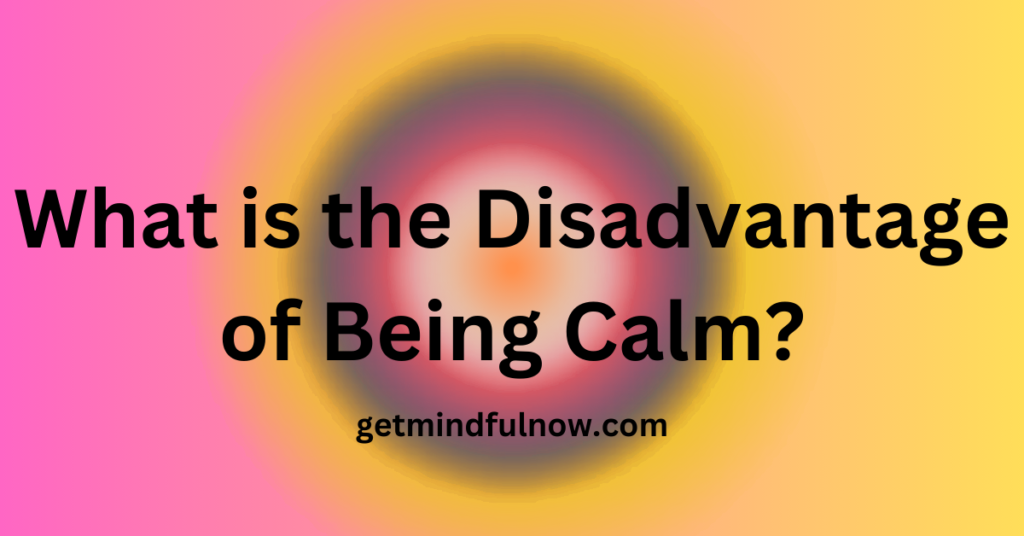
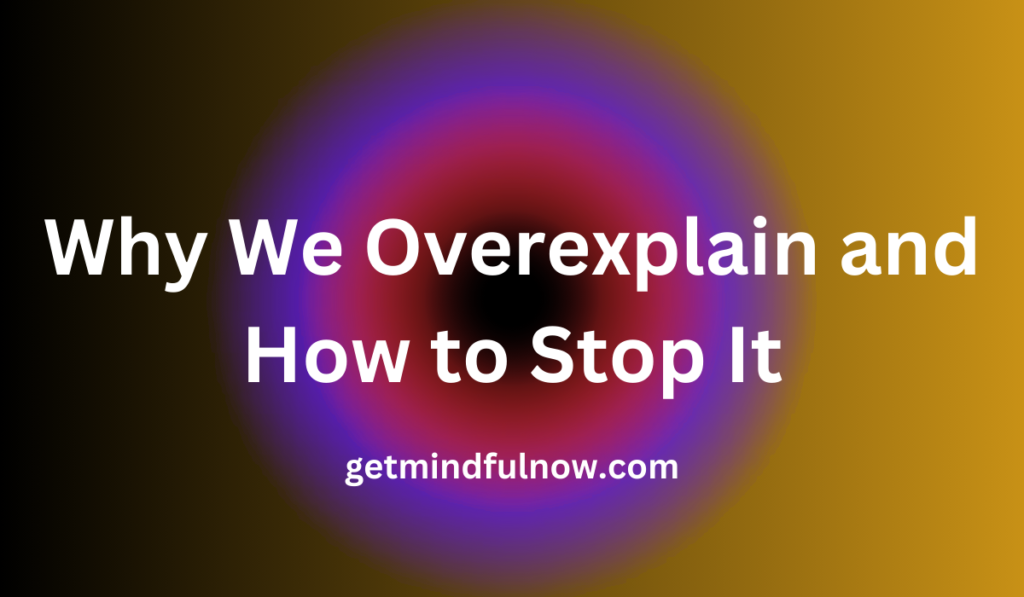

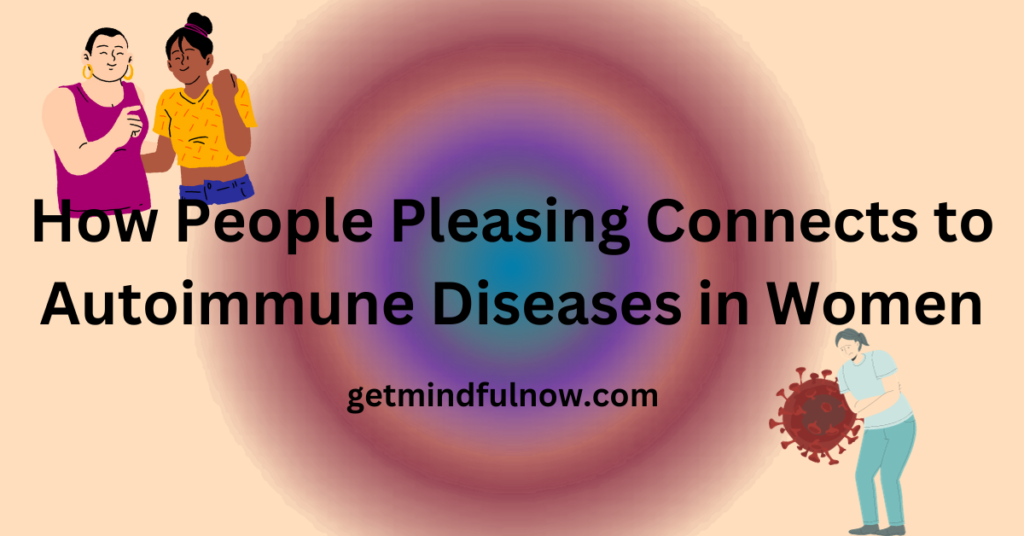
Amazing words 💕
Thanks!